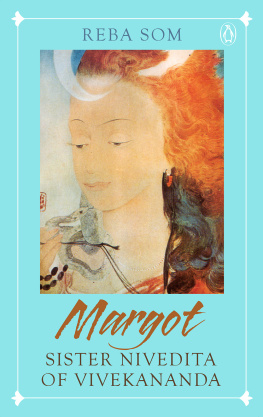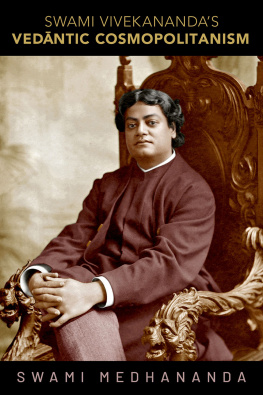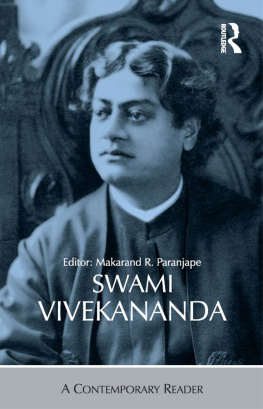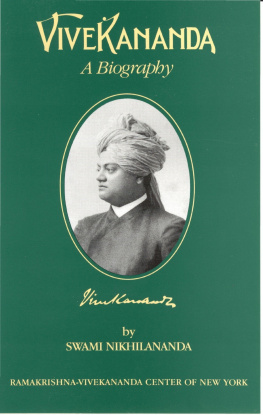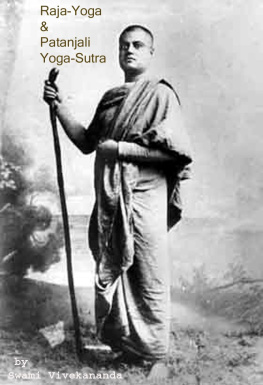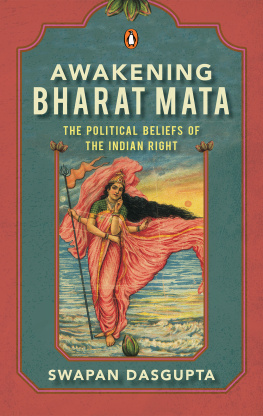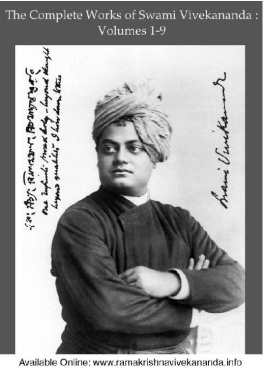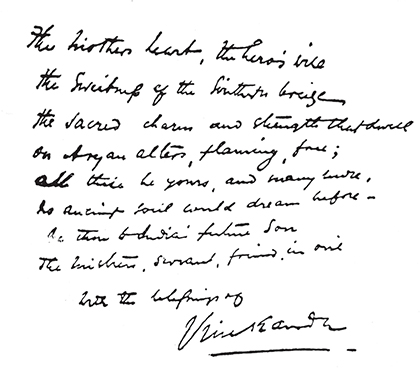Reba Som - Margot: Sister Nivedita of Swami Vivekananda
Here you can read online Reba Som - Margot: Sister Nivedita of Swami Vivekananda full text of the book (entire story) in english for free. Download pdf and epub, get meaning, cover and reviews about this ebook. year: 2017, publisher: Random House Publishers India Pvt. Ltd., genre: Non-fiction. Description of the work, (preface) as well as reviews are available. Best literature library LitArk.com created for fans of good reading and offers a wide selection of genres:
Romance novel
Science fiction
Adventure
Detective
Science
History
Home and family
Prose
Art
Politics
Computer
Non-fiction
Religion
Business
Children
Humor
Choose a favorite category and find really read worthwhile books. Enjoy immersion in the world of imagination, feel the emotions of the characters or learn something new for yourself, make an fascinating discovery.
- Book:Margot: Sister Nivedita of Swami Vivekananda
- Author:
- Publisher:Random House Publishers India Pvt. Ltd.
- Genre:
- Year:2017
- Rating:4 / 5
- Favourites:Add to favourites
- Your mark:
Margot: Sister Nivedita of Swami Vivekananda: summary, description and annotation
We offer to read an annotation, description, summary or preface (depends on what the author of the book "Margot: Sister Nivedita of Swami Vivekananda" wrote himself). If you haven't found the necessary information about the book — write in the comments, we will try to find it.
Among all the disciples of Swami Vivekananda, Sister Nivedita occupies pride of place. Margaret Noble arrived at Indias shores in the late nineteenth century, took the vows of a brahmacharini, and devoted the rest of her life to the cause of India. Apart from educating women, Nivedita wrote valuable treatises on Hindu thought and Indian culture, inspiring nationalist sentiment and unity. She won over leading national figures of the day with her fierce intellect, and even influenced the ending of Rabindranath Tagores novel, Gora. Known to be drunk with India, she provided immense professional support to the brilliant scientist Jagadish Chandra Bose; dialogued with great leaders like G.K. Gokhale and Aurobindo Ghosh; and inspired Abanindranath Tagore to create a painting that eventually became the iconic Bharat Mata.In this compelling biography, the author traces the development of Margaret from a loyal Irishwoman into Sister Nivedita, and finally into Lok Mata or Peoples Mothera title bestowed on her by Tagore. She draws on Niveditas vast corpus of writings and personal letters to provide an intimate view of her life and thought. Through an insightful and moving narrative, Margot reveals the feisty, irrepressible spirit behind one of Indias greatest friends.
Reba Som: author's other books
Who wrote Margot: Sister Nivedita of Swami Vivekananda? Find out the surname, the name of the author of the book and a list of all author's works by series.

